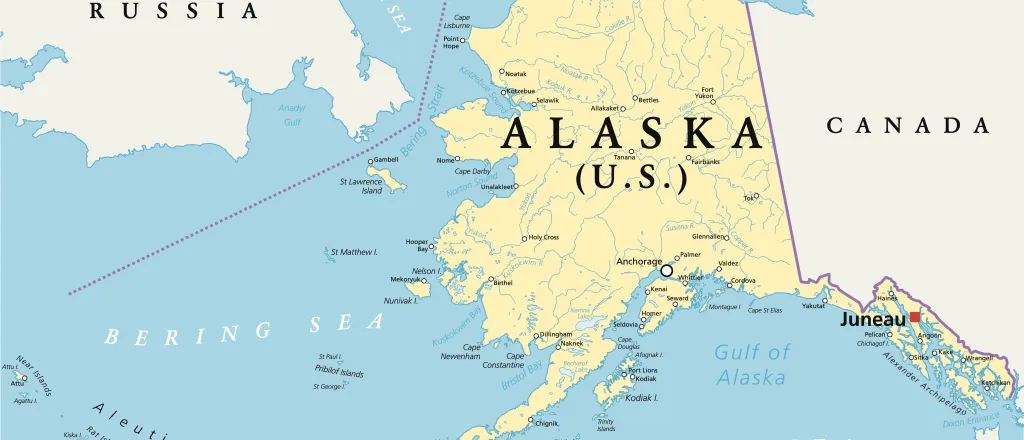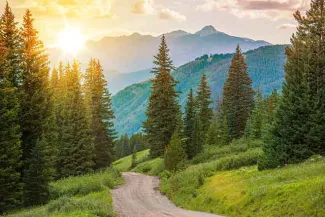
Opposition grows to major road project in AK's iconic Brooks Range
(Alaska News Service) Opposition is growing among hunters and anglers to a proposed road in Alaska's iconic Brooks Range. The state has invested millions in the project, eyeing it as an economic development tool.
The Brooks Range extends from Alaska's Arctic into Canada's Yukon. The Ambler Industrial Road would cut a 211-mile-long east to west swath through the southern flanks of the range, in some of the world's most pristine wilderness.

© iStock - welcomia
Jen Leahy, Alaska program manager for the Theodore Roosevelt Conservation Partnership, said the road would threaten habitat and the wildlife relying on it.
"This project has really concerning impacts for keystone species like caribou and salmon," Leahy pointed out. "And would forever change the wild and remote character of the Brooks Range that is treasured by so many Alaskans and Americans."
More than 35 small businesses, outdoor brands and conservation groups recently formed Hunters and Anglers for the Brooks Range, galvanizing their opposition. The state argued the road is an important economic opportunity. Mining corporations say the Ambler Industrial Road would give them access to valuable minerals.

© iStock - jakes472
The road corridor would be off limits to hunters and anglers. The outdoor community questions the fairness of such a restriction and why the state would let international mining companies permanently damage some of the world's best big game hunting and fishing territory. Leahy argued the road also poses broad environmental risks.
"The Bureau of Land Management recently issued a supplemental Environmental Impact Statement that is about 1,000 pages of information of all the potential impacts to fish and wildlife in rural communities in the region," Leahy noted.
Dozens of which, Leahy added, rely on native species for subsistence hunting and fishing. The BLM is taking public input on the project until December 22.















